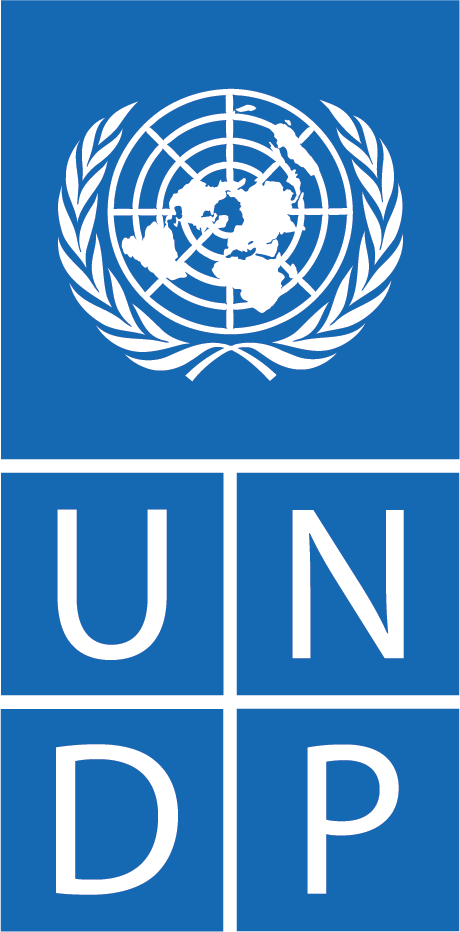Ensure healthy lives and promote well-being for all
Since the creation of the Millennium Development Goals there have been historic achievements in reducing child mortality, improving maternal health and fighting HIV/AIDS, Malaria and other diseases. Since 1990, there has been an over 50 percent decline in preventable child deaths globally. Maternal mortality also fell by 45 percent worldwide. New HIV/AIDS infections fell by 30 percent between 2000 and 2013, and over 6.2 million lives were saved from Malaria.
Despite this incredible progress, more than 6 million children still die before their fifth birthday every year. 16,000 children die each day from preventable diseases such as measles and tuberculosis. Every day hundreds of women die during pregnancy or from child-birth related complications, and, in developing regions, only 56% of births in rural areas are attended by skilled professionals. AIDS is now the leading cause of death among adolescents in sub-Saharan Africa, a region still severely devastated by the HIV epidemic.
These deaths can be avoided through prevention and treatment, education, immunization campaigns, and sexual and reproductive healthcare. The Sustainable Development Goals make a bold commitment to end the epidemics of AIDS, tuberculosis, malaria and other communicable diseases by 2030. The aim is to achieve universal health coverage, and provide access to safe and effective medicines and vaccines for all. Supporting research and development for vaccines is an essential part of this process as well as providing access to affordable medicines.
Promoting health and well-being is one of 17 Global Goals that make up the 2030 Agenda for Sustainable Development. An integrated approach is crucial for progress across the multiple goals.


